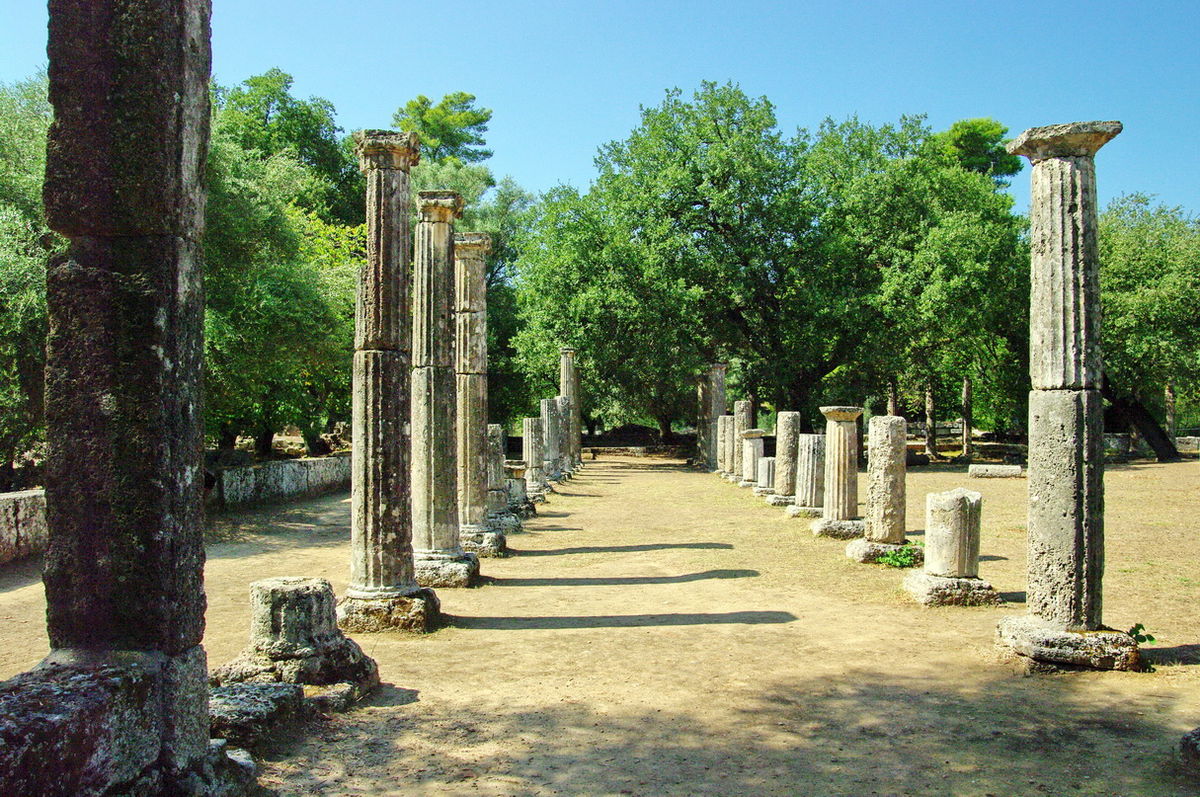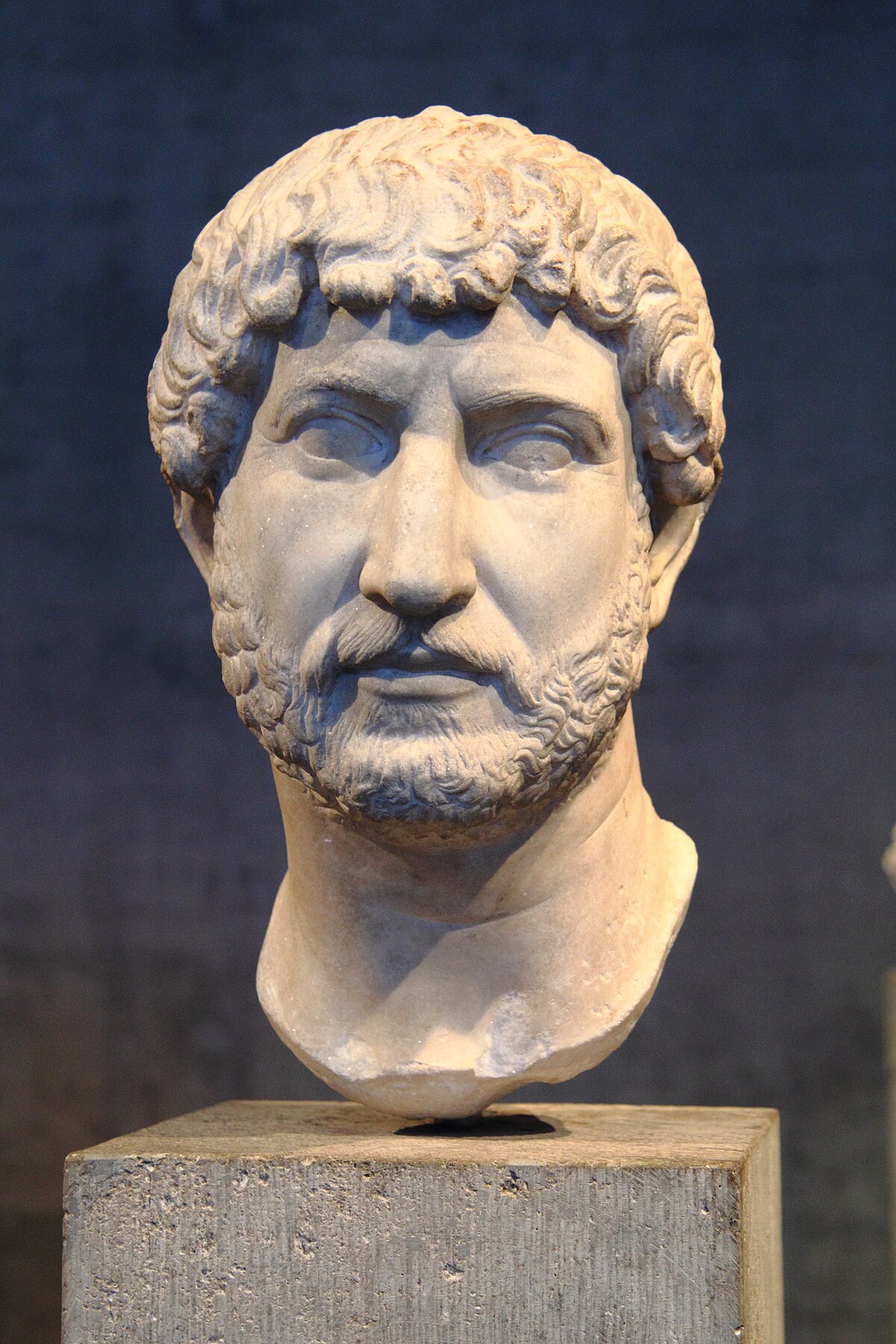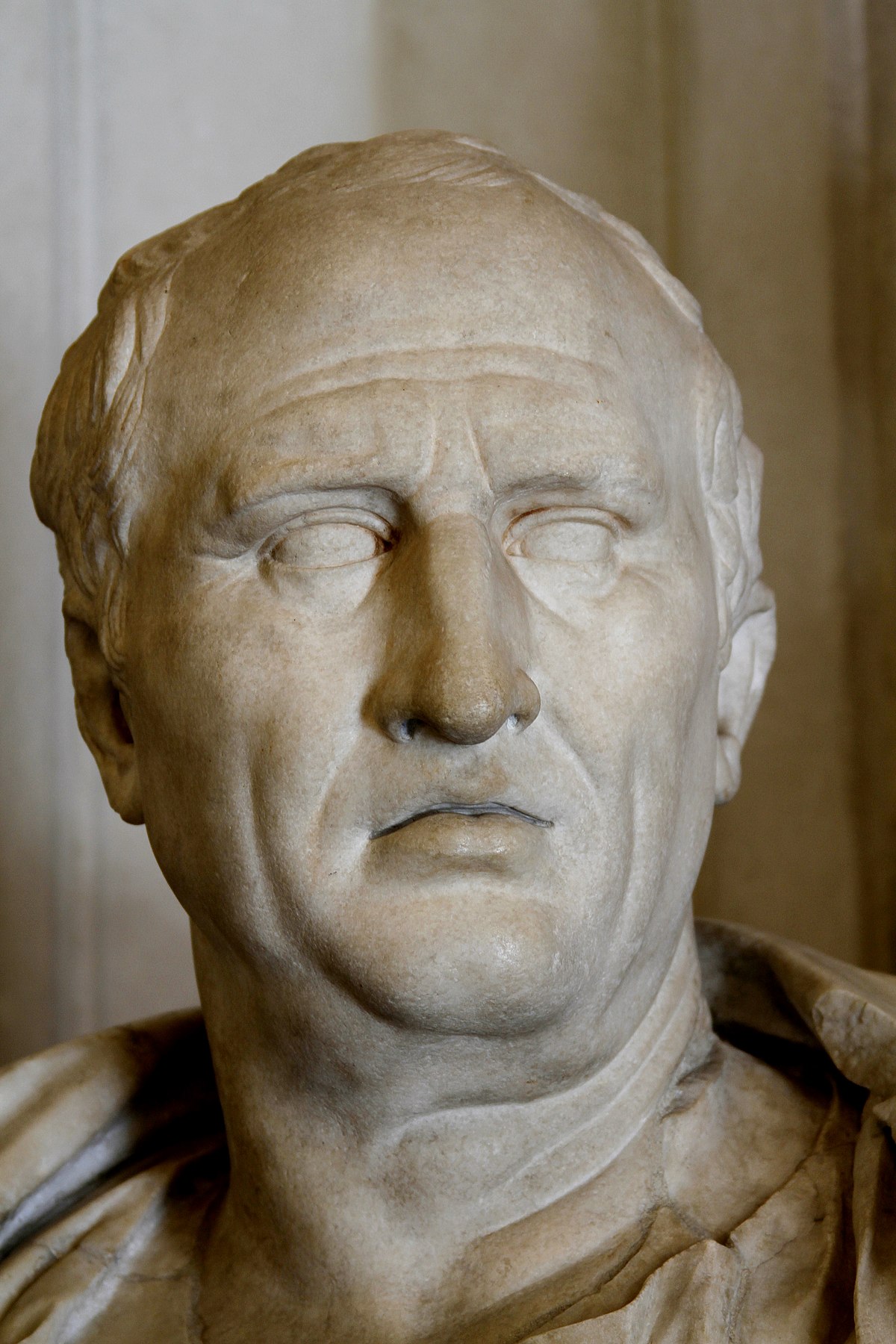Where's my little buddy Nikodim disappeared to now, hitting the books? What you are looking for cannot be found because it doesn't exist, while Athenians and Thebans took charge of the united Greeks, nearly all of Greece took part in the action against the Macedonians. That is a fact.
Why don't you educate us a little on the League of Corinth and why it was established, who were its members, etc, or would you like me to kick off that discussion before you make an idiot of yourself again? Let me know if you need help.
Why don't you educate us a little on the League of Corinth and why it was established, who were its members, etc, or would you like me to kick off that discussion before you make an idiot of yourself again? Let me know if you need help.







Comment